Eli Lilly and Company announced patients have been dosed in the world’s first study of a potential antibody treatment designed to fight COVID-19.
This investigational medicine, referred to as LY-CoV555, is the first to emerge from the collaboration between Lilly and AbCellera to create antibody therapies for the prevention and treatment of COVID-19. Lilly scientists rapidly developed the antibody in just three months after AbCellera and the Vaccine Research Center at the National Institute of Allergy and Infectious Diseases (NIAID) identified it from a blood sample taken from one of the first U.S. patients who recovered from COVID-19. LY-CoV555 is the first potential new medicine specifically designed to attack SARS-CoV-2, the virus that causes COVID-19.
The first patients in the study were dosed at major medical centers in the U.S., including NYU Grossman School of Medicine and Cedars-Sinai in Los Angeles.
“We are committed to working with our industry partners to generate scientific evidence to meet the urgent need for treatments that reduce the severity of COVID-19 disease,” said Mark J. Mulligan, MD, director of the Division of Infectious Diseases and Immunology and director of the Vaccine Center at NYU Langone Health. “Antibody treatments like the one being studied here hold promise to be effective medical countermeasures against this deadly infection,” said Dr. Mulligan, also the Thomas S. Murphy, Sr. Professor in the Department of Medicine at NYU Langone.
“We are grateful to collaborate with colleagues at AbCellera, NIAID, and the many academic institutions who have helped us reach this milestone in humanity’s fight against COVID-19 — a disease first characterized only six months ago. We are privileged to help usher in this new era of drug development with the first potential new medicine specifically designed to attack the virus. Antibody therapies such as LY-CoV555 may have potential for both prevention and treatment of COVID-19 and may be particularly important for groups hardest hit by the disease such as the elderly and those with compromised immune systems,” said Daniel Skovronsky, M.D., Ph.D., Lilly’s chief scientific officer and president of Lilly Research Laboratories.
“Later this month, we will review the results of this first human study and intend to initiate broader efficacy trials. At the same time as we are investigating safety and efficacy, we also are starting large-scale manufacturing of this potential therapy. If LY-CoV555 becomes part of the near-term solution for COVID-19, we want to be ready to deliver it to patients as quickly as possible, with the goal of having several hundred thousand doses available by the end of the year,” continued Skovronsky.
Should Phase 1 results show the antibody can be safely administered, Lilly expects to move into the next phase of testing, studying LY-CoV555 in non-hospitalized COVID-19 patients. The company also plans to study the drug in a preventative setting, focusing on vulnerable patient populations who historically are not optimal candidates for vaccines.
Lilly is researching multiple approaches to treating COVID-19. Existing Lilly medicines are now being studied to understand their potential in treating complications of COVID-19, and the company is collaborating with two biotech companies to discover novel antibody treatments for COVID-19.
About Lilly’s SARS-CoV-2 Antibody Program
LY-CoV555 is a potent, neutralizing IgG1 monoclonal antibody (mAb) directed against the spike protein of SARS-CoV-2. It is designed to block viral attachment and entry into human cells, thus neutralizing the virus, potentially preventing and treating COVID-19. Lilly intends to test this first antibody as well as other neutralizing antibodies against SARS-CoV-2 over the next several months. Lilly intends to test both single antibody therapy as well as combinations of Lilly antibodies (sometimes known as antibody cocktails) as potential therapeutics for COVID-19.
About the LY-CoV555 Phase 1 Trial
Study J2W-MC-PYAA is a randomized, placebo-controlled, double-blind Phase 1 trial that aims to investigate the safety, tolerability, pharmacokinetics (PK), and pharmacodynamics (PD) of LY-CoV555 following a single dose administered to participants hospitalized for COVID-19.
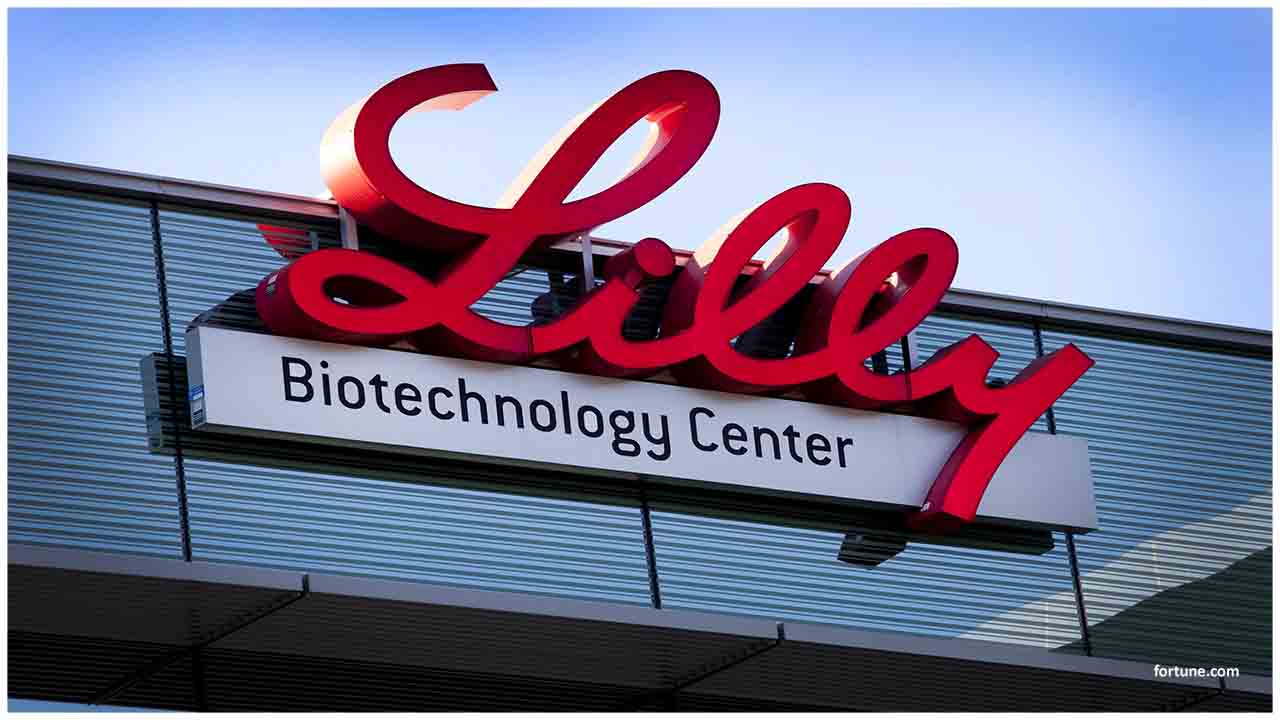
 This investigational medicine, referred to as LY-CoV555, is the first to emerge from the collaboration between Lilly and AbCellera
This investigational medicine, referred to as LY-CoV555, is the first to emerge from the collaboration between Lilly and AbCellera 






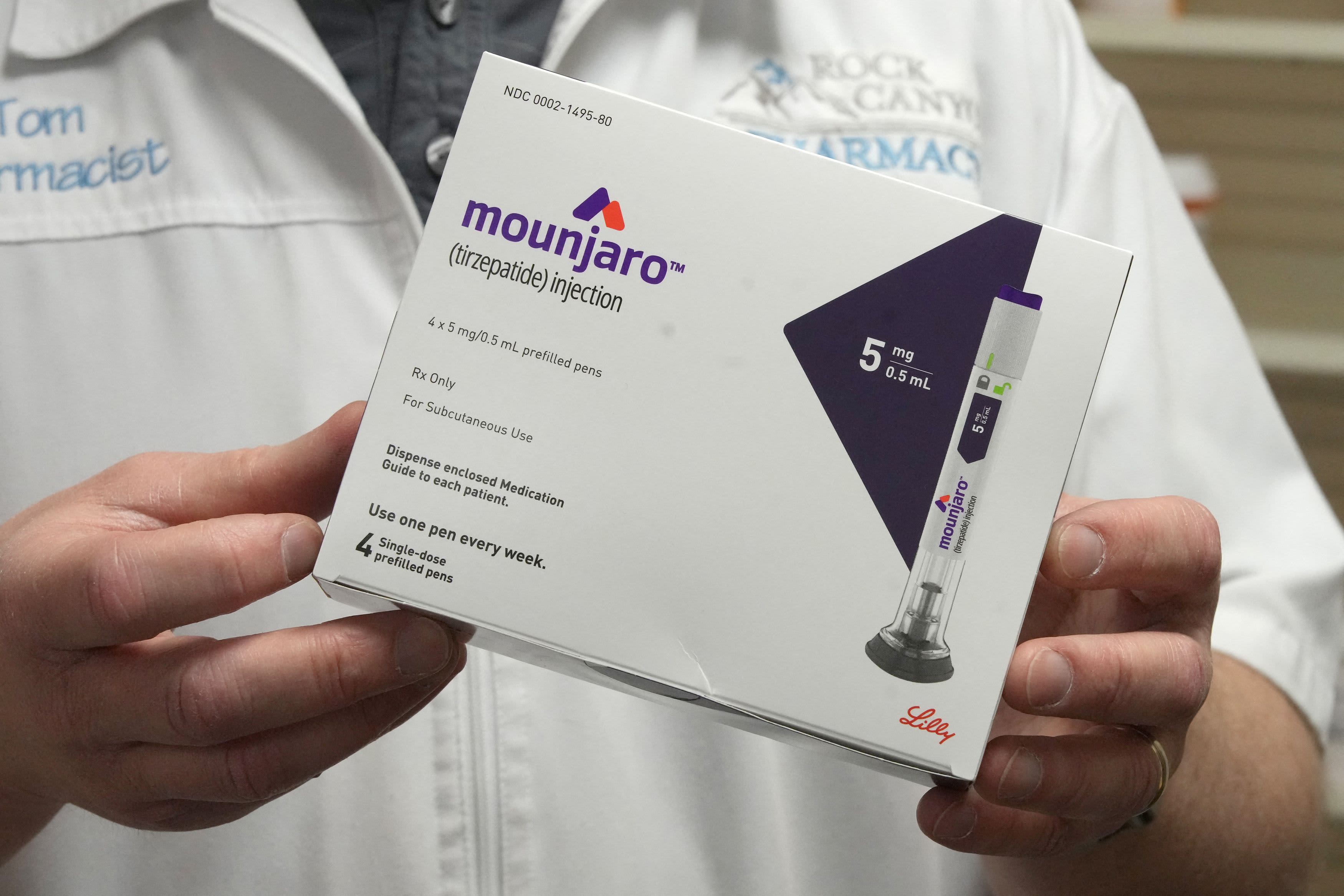

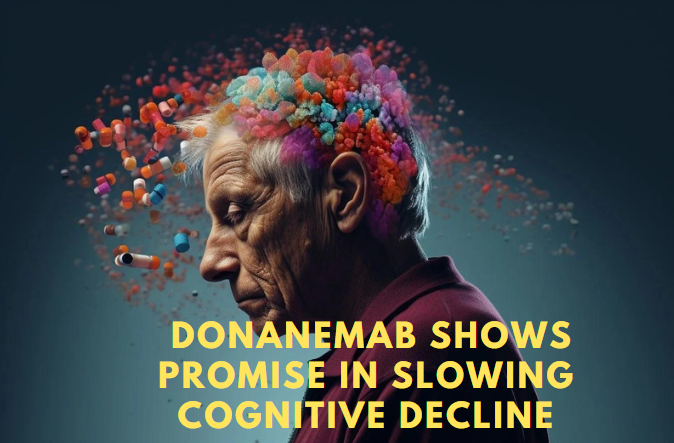
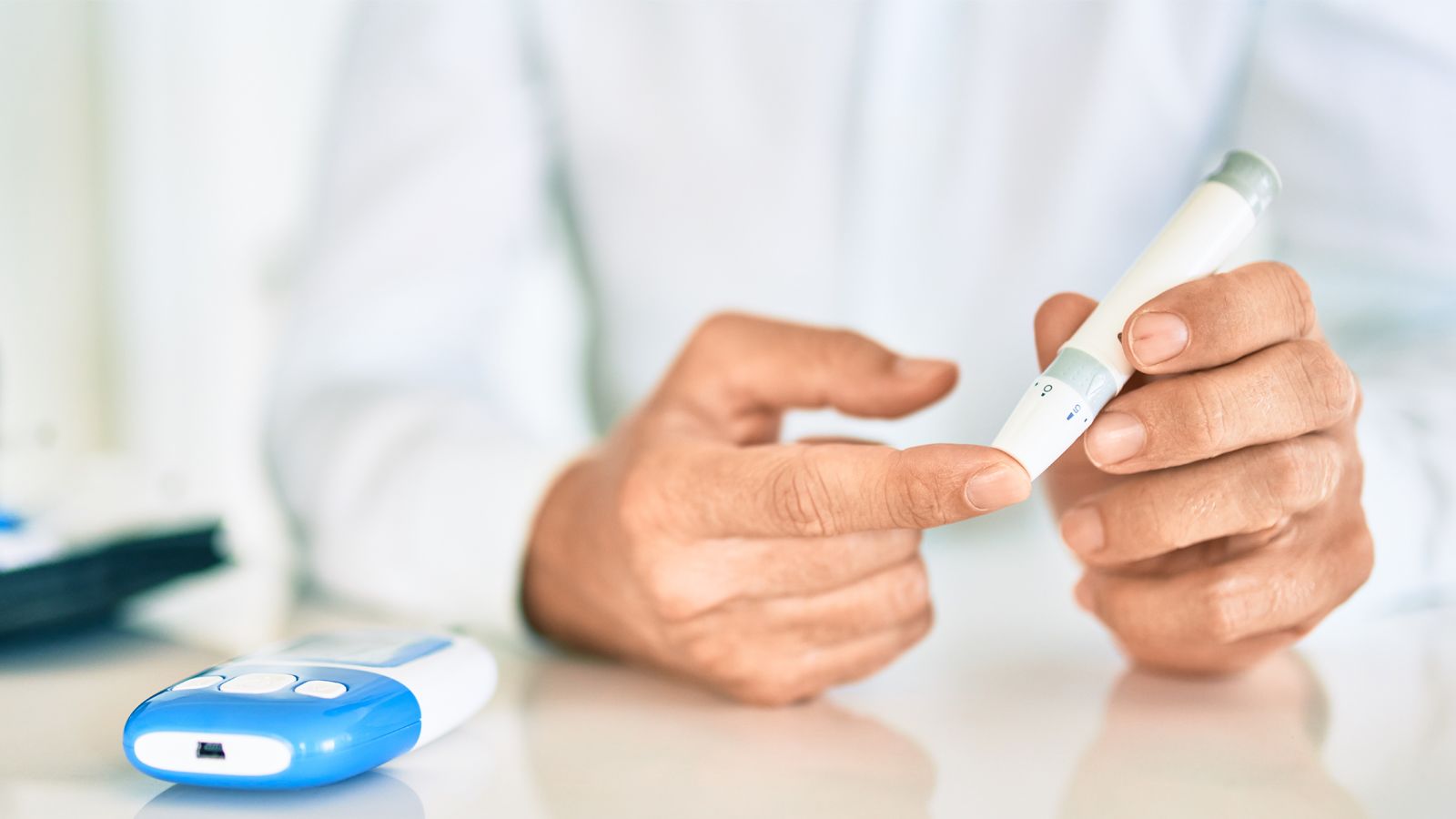
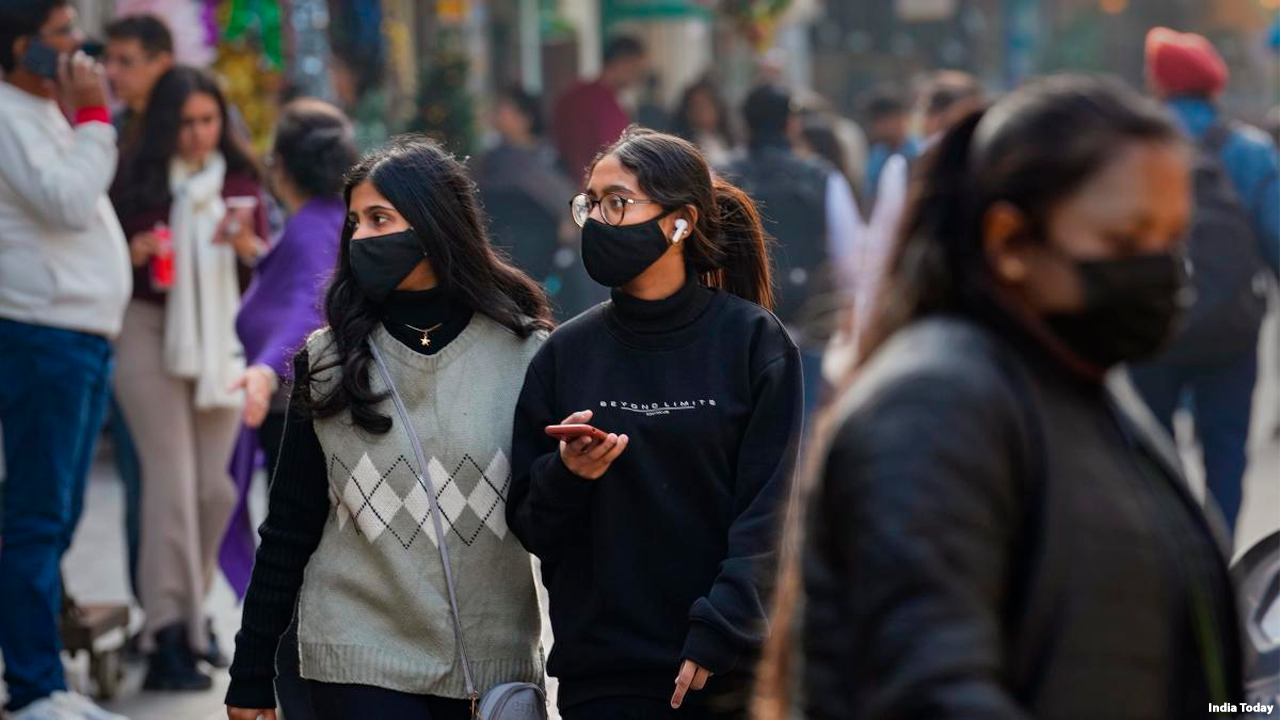
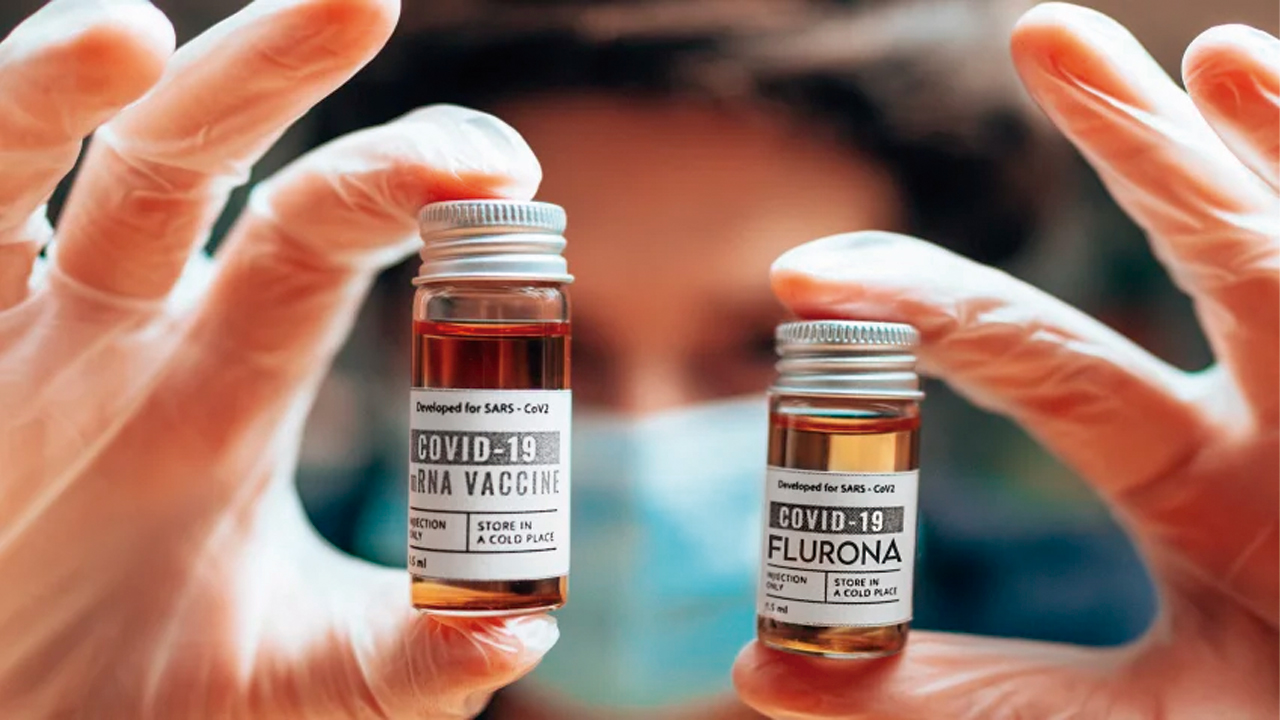
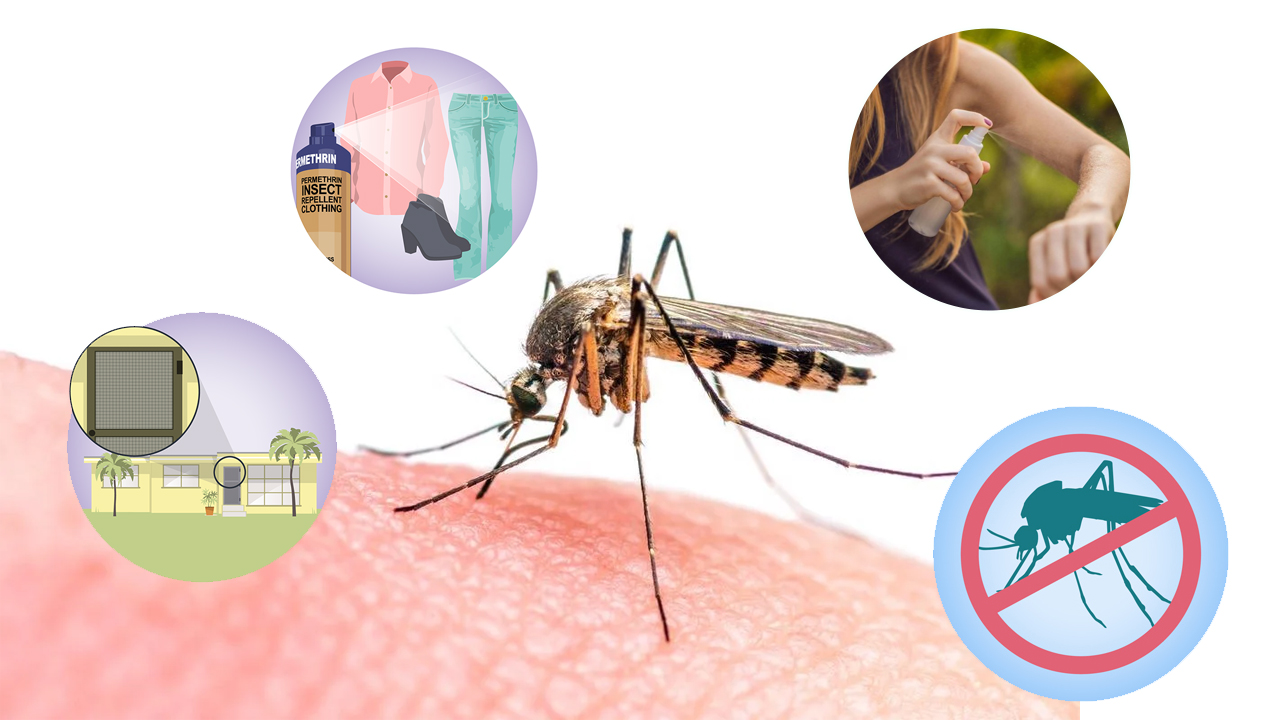
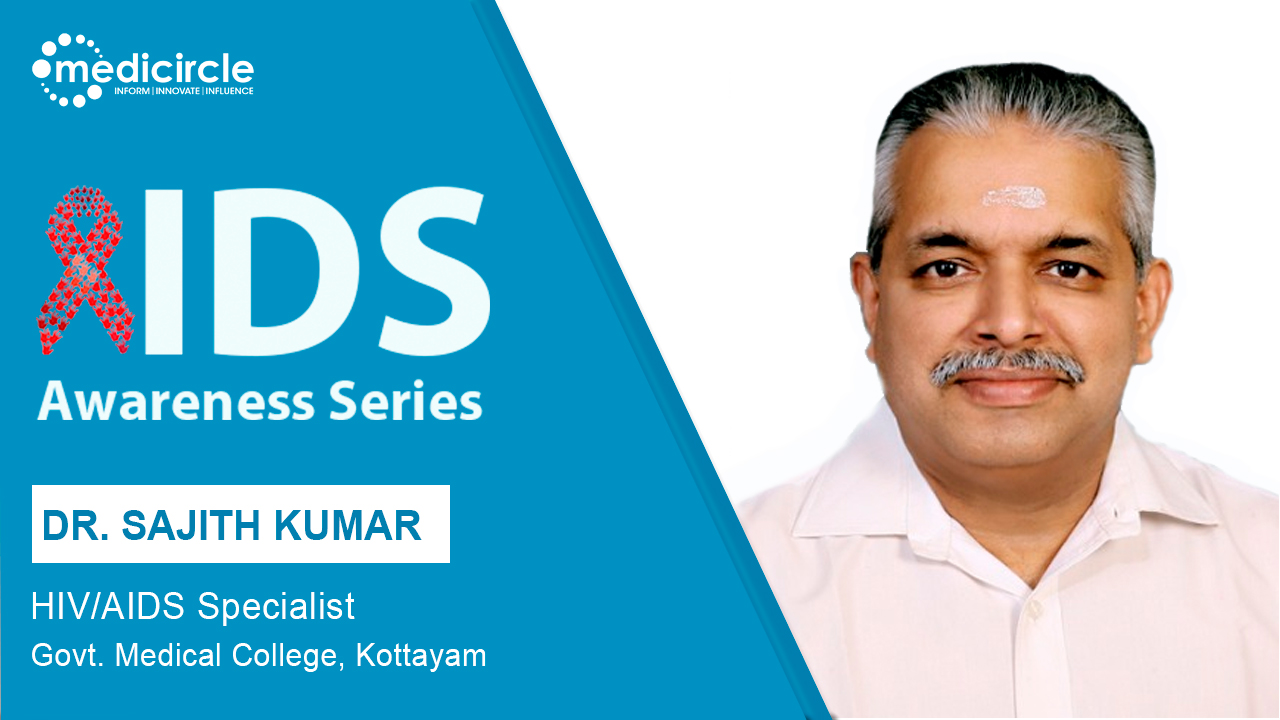





.jpeg)




















